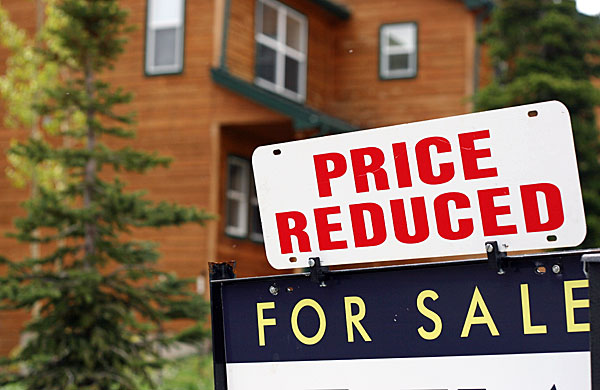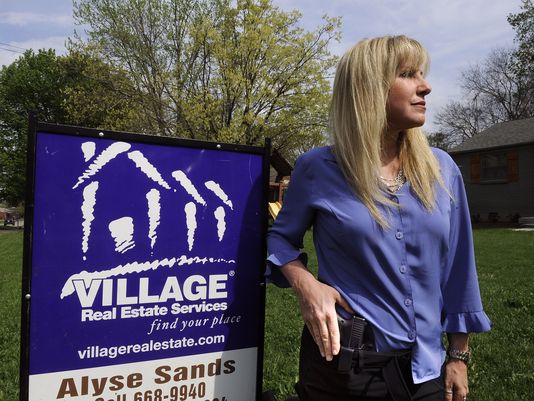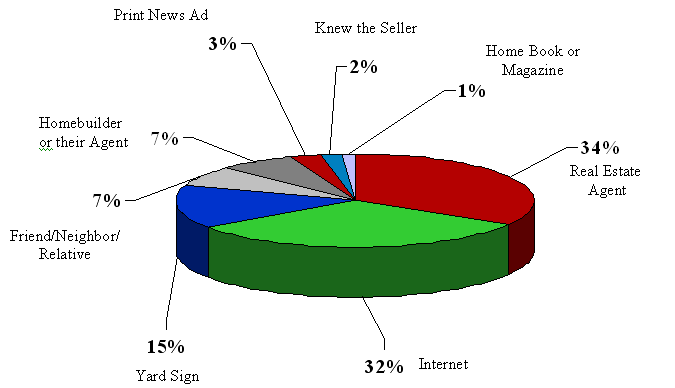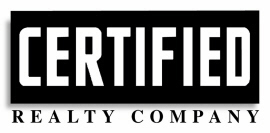
Realtors must follow many rules and according to consumer satisfaction surveys, real estate agents do an overall good job. Realtors are trained to abide by applicable state and national real estate laws, follow accepted business practices and the Realtor Code of Ethics, which is considered a higher standard of duty. Yet as in other professions, sometimes agents fall short. Wrong is wrong, yet it’s also important to separate willful wrongdoing from expectations which may be misinterpreted, or where motives are misunderstood. Today we’ll address some common consumer complaints and Realtor behaviors.
Listen to the audio podcast version of this article here or click the below ‘play’ button.
Why Does My Realtor Do That? - Download This Episode

Failure or Flying Colors?
When real estate agents are perceived to have ‘dropped the ball,’ a good first step is to see if there’s an explanation behind it. Let’s take one common example, the case of the ‘disappearing Realtor.’ Unless you’re in the midst of a transaction, if a real estate agent has not stayed in touch after many years of service, it’s likely that he or she is no longer in the business, has moved, is ill, or perhaps decided to focus on another field within real estate, such as commercial, industrial, or leasing. Another possibility is a transition to working with other client types or geographical areas.
One reason for a ‘disappearing agent’ may also be because your lender informed the agent that you are not qualified to purchase a home. Ceasing contact simply because you are not a present customer may not be nice, but it isn’t illegal. Being human, sometimes real estate agents are unartful. But as when dealing with any professional, it’s instructive to distinguish between the unartful and activity which is unethical, or criminal.

While most Realtors are diligent, honest and hardworking, there is a broad range of Realtor behavior, ranging from ‘normal’ and reasonable, to impolite, to unethical, or even illegal. So let’s analyze some comments about Realtors. Sometimes the agent is ‘out of line,’ yet sometimes it helps to better understand differing perspectives to get the whole picture. Here are some examples of Realtor behaviors you may have heard about.
 1. ‘Why Don’t Realtors Return Calls (or e-Mails, or Texts)?’
1. ‘Why Don’t Realtors Return Calls (or e-Mails, or Texts)?’
Unless an isolated incident or emergency, this kind of Realtor behavior is largely inexcusable, especially in an industry where communication is key. It’s true that some agents have a difficult time responding in a timely manner. A common reason is that some agents are simply disorganized. Simply put, if it’s chronic, this is bad form, bad business and outright rude. Such non-responsiveness can even drive other Realtors nuts, particularly if they wish to show a home that is listed, present an offer, or simply find out if a home is still available for purchase.
Other explanations among some agents for not returning phone calls are that it’s a bad habit, a sign that he or she is seriously overbusy (still no excuse), or perhaps they are trying to tell you in a passive-aggressive manner that your business relationship is on the wane. Realtors have been known to ‘fire’ their clients. What to do? Be clear with your agent about what you expect. Given a myriad of possible communication forms these days, if you have a preference for being reached by text, phone, e-mails, Facetime or Skype, explain that to your Realtor early on. Not everyone has the same communication style or tools.

2. ‘A Realtor Insisted I Get ‘Pre-Qualified’ Before Showing Me Homes’
This is an easy one. First, let’s imagine you’re a seller. Early on as your home is placed for sale, you notice many ‘tire-kickers’ and ‘looky-Lou’s’ traipsing through your house. They include a large number of neighbors, often with no intention to buy, along with unqualified buyers, who are likely unable to buy. Yet, each time you receive a request to tour your home, you spend half an hour or more getting it cleaned up before you leave for showings. Sellers want buyers to be pre-qualified.
Now, let’s imagine you’re a Realtor. You’ve just spent the past two weeks showing homes to some buyers, during which time you could have spent with other clients. Then you learn these buyers can’t buy because the lender said their credit, income or other disqualifying factor disallow it. Realtors want buyers to be pre-qualified.
After a while, many sellers (and Realtors) simply learn to ask: ‘Please get pre-qualified.’ As a result, many agents and sellers insist that buyers be pre-qualified, or be given a preliminary lender review rather than wasting time, a limited resource.

3. ‘My Realtor Says My Home is Overpriced’
It’s entirely possible that your home could be overpriced, yet there are several issues you may first want to sort out. For example, when you placed your home for sale, what was the process you and your Realtor used to arrive at a list price? How long has your home been on the market? Has your property been receiving showings? Did you discuss what kind of market response might suggest the need for a later price adjustment? What is the average market time for similar homes in your neighborhood?
Also, were you provided with comparable property information? Have you seen any documentation that confirms buyer activity, like online ‘hit counts?’ In other words, there may be valid reasons for your agent to suggest a price adjustment. Usually helpful is going back to the ‘comps’ or comparable properties used to price your home, while researching to see if any other similar properties may have sold in the meanwhile since your property was placed on the market. For some helpful insights, answers and information about these questions, check out our article and related podcast ‘3 Steps To An Oregon Home Sale” here.

4. ‘A Realtor Bought My Property And I Feel Cheated’
State real estate regulators have determined that a majority of claims against agents is due to ‘self-dealing.’ This is where an agent acts on his or her behalf. An example might be a Realtor who is asked to list a property for sale, then ends up buying it for himself or herself, instead. There are strict rules for Realtors to follow when buying or selling such real estate in Oregon. Given laws requiring disclosure, real estate agents are on notice that they are being watched closely by various regulatory bodies, particularly when an agent is ‘self dealing.’ If you ever feel cheated by an Oregon real estate agent and don’t resolve the issue to your satisfaction, you can contact the state of Oregon real estate agency, or your local association of Realtors.

5. ‘A Realtor Refused to Meet Me At A Home!’
Personal safety has become an important Realtor issue, especially since Realtors work with the public, often alone, at night…and in unfamiliar surroundings. As a result, agents are advised to never meet prospective first time clients in a remote location or vacant home. Realtors Ashley Okland and Beverly Carter were real estate agents who did and their tragic stories are frequently mentioned in educating real estate agents about personal safety.

 With concern for personal safety up, self defense classes are more popular and concealed handgun carry is growing across the nation…and that includes Realtors, too.
With concern for personal safety up, self defense classes are more popular and concealed handgun carry is growing across the nation…and that includes Realtors, too.

6. ‘Why Won’t My Realtor Hold An Open House?’
Simply put, selling homes can be a numbers game and here they are:

Fact is, open houses most often benefit Realtors, not homesellers. That’s because most buyers don’t purchase through an open house. However, open houses are one way real estate agents find new buyers. This isn’t to say that open houses will never sell a home. But given a variety of factors, it is among the least effective ways to sell a home.

Thinking about buying or selling an Oregon home? Contact Certified Realty, ‘Oregon’s Choice Since 1950,’ using the convenient contact form below for a free consultation.